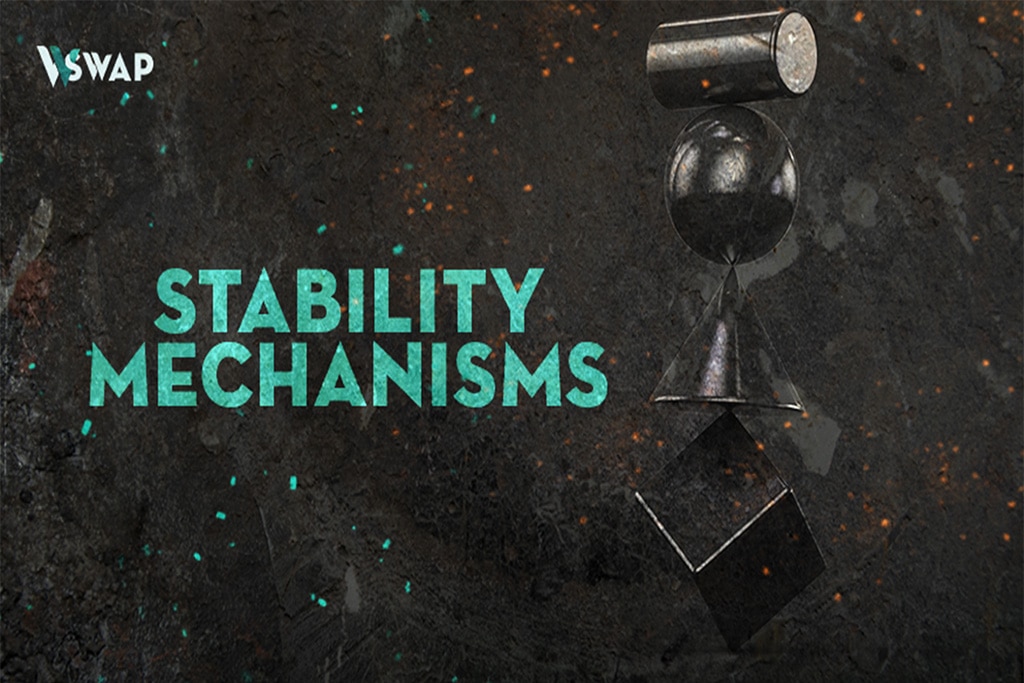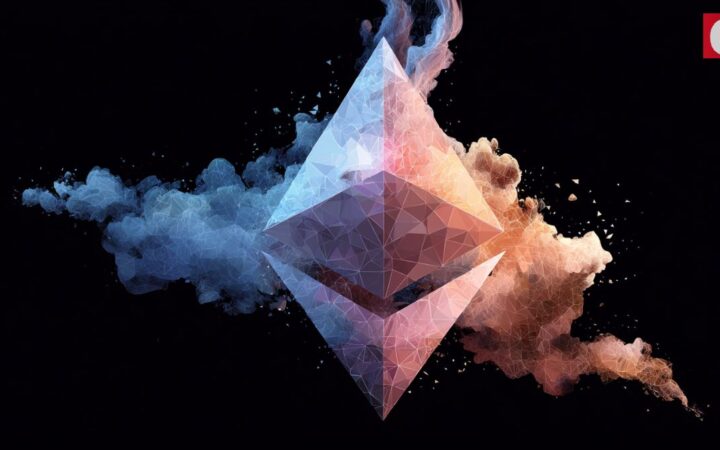
Please check out latest news, expert comments and industry insights from Coinspeaker's contributors.
Wault finance, a community-owned protocol, has grown from a relatively obscure project into one of the largest communities in DeFi within only a few months of launch.

Decentralized finance (DeFi) or Open Finance has gained a lot of traction in crypto news media and finance over the past twelve months. Though originally lambasted by some traditional finance participants, few of them remain that can make such critical statements, and many have come to embrace the movement, realizing that decentralized finance has revolutionized finance and banking. Moreover, DeFi is arguably the biggest driver behind the recent cryptocurrency bull run.
Originally, DeFi has always been quite a relatively simple concept to grasp; it is essentially a blockchain-based financial ecosystem that eliminates centralized financial intermediaries like banks to allow access to financial services in a permissionless, fair, and open manner. Like traditional banking, DeFi provides all the key financial services to users, including saving, lending, borrowing, and investing, only this time, on blockchain-based protocols and smart contracts.
To effectively eliminate financial intermediaries and third parties in transactions, decentralized finance uses smart contracts to execute transactions. Smart contracts are collections of algorithmic computer code that automatically execute when certain preset conditions are met. They’re deterministic, transparent, and verifiable, beholden only to logic and to no individual’s bias. Compared to traditional contracts and business deals, smart contracts will never surprise you or go back on their promises because that is guaranteed inside their very nature. Simple, pure, complete and reliable.
Although smart contracts have long existed, they became popularized on blockchain networks when Ethereum started running smart contracts on its network, essentially paving the way for DeFi.
While the Ethereum network has grown enormously to become the largest and most popular network for building decentralized protocols, it is not without many flaws. Rising gas fees and increasing transaction times quickly became a problem in the past year as the Ethereum network became significantly more used, but as a result, congested.
To solve the Ethereum congestion problem, many other blockchain networks started working on forks off of the network or entirely new solutions with one ultimate agenda–to be able to accommodate more users with low transaction fees. After all, one fundamental idea behind open finance is to make banking accessible and easy to use, which is inhibited by slow transactions and restrictive fees.
As a response, in September 2020, popular cryptocurrency exchange, Binance, announced the launch of Binance Smart Chain (BSC), and in the time since, BSC has proven itself much more efficient than Ethereum by offering much lower transaction speeds and costs. Following that, many decentralized protocols embraced BSC as a better ecosystem to develop on, and the blockchain became increasingly popular, gaining usage by encouraging smart contract development, staking, and DeFi functions with more efficient throughput. Since setting this precedent, several blockchain networks like Fantom, Solana, Polygon (Matic) have also emerged with different ideas on how a decentralized blockchain ecosystem should function.
From the early days of Ethereum smart contracts, decentralized protocols have popped up in all shapes and forms within the DeFi ecosystem. While some have offered merely quick, inefficient, and unsustainable ways to increase yields on crypto assets, others have grasped the fundamentals of the new ecosystem and are committed to building efficient and sustainable long-term protocols
Wault finance, a community-owned protocol, has grown from a relatively obscure project into one of the largest communities in DeFi within only a few months of launch. By consistently focusing on community building, distributing 100% of protocol profits to the community, and offering the lowest exchange fees in the ecosystem, Wault finance has attracted one of the largest user bases on BSC and now has a total value locked (TVL) of up to $700Mn USD at the time of writing.
Without a doubt, smart contract bugs, rug pulls, and security concerns, in general, are standouts amongst the biggest DeFi concerns. So to keep watertight security, Wault finance subjects the protocol to regular audits from professional security firms (having completed seven since launch) and has shown a renewed commitment to maintaining a highly secured profile.
As mentioned earlier in this article, the goal of DeFi protocols over the past year has evolved to provide more scalable, efficient, and rewarding ecosystems with lower transaction fees. Wault finance now has among the highest annual percentage yields (APY) for staking on BSC and Polygon. This is a result of the community-focused distribution and high trading volumes (3rd highest on BSC, 2nd highest on Polygon) on both platforms.
Transaction fees on the decentralized exchange (DEX) are also as low as 0.2% compared to PancakeSwap’s 0.25% and Quickswap’s 0.3%. As a result, the community-focused DEX has grown on both chains (Polygon and BSC) to become one of the most trusted, fastest, and cost-efficient DEXes.
With each passing day, opinions are being redefined on what DeFi is and how it can be a part of our increasingly digitized world. While some projects are either knock-offs or inferior copycats of existing ones, Wault has shown a commendable desire to build a sustainable ecosystem and positively redefine the whole DeFi landscape’s public perception. As such, many that have taken a deeper look and tried Wault’s platform were energized and quickly became users, joining its large and loyal community.
Disclaimer: Coinspeaker is committed to providing unbiased and transparent reporting. This article aims to deliver accurate and timely information but should not be taken as financial or investment advice. Since market conditions can change rapidly, we encourage you to verify information on your own and consult with a professional before making any decisions based on this content.

Please check out latest news, expert comments and industry insights from Coinspeaker's contributors.




